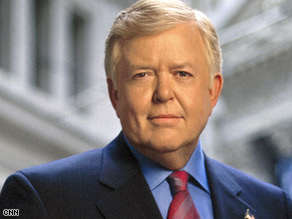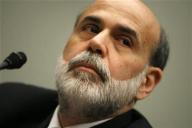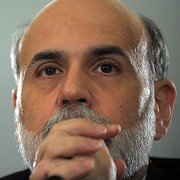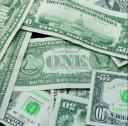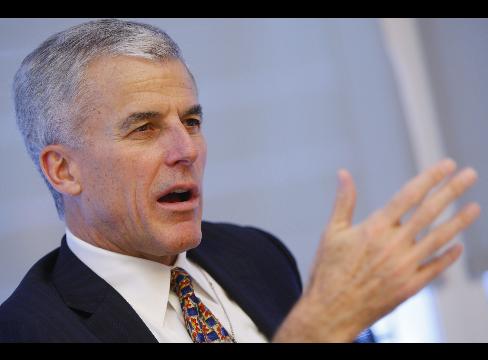Over 900,000 borrowers are losing their homes, up 71% from a year ago, and a record number of home owners are behind on payments.
NEW YORK (CNNMoney.com) — More home owners than ever are losing the battle to make their monthly mortgage payments.
Over 900,000 households are in the foreclosure process, up 71% from a year ago, according to a survey by the Mortgage Bankers Association. That figure represents 2.04% of all mortgages, the highest rate in the report’s quarterly, 36-year history.
Another 381,000 households, or 0.83% of borrowers, saw the foreclosure process started during the quarter, which was also a record.
Additionally, the number of mortgage borrowers who were over 30 days late on a payment in the last three months of 2007 is at its highest rate since 1985.
“Boy, that was ugly,” said Jared Bernstein, an Economic Policy Institute economist of the data.
“It’s another reminder that anyone who thought we had hit bottom was wrong. This was a huge bubble, and when a bubble of this magnitude breaks, it creates a huge mess,” he said.” It could take a lot longer for the correction to work through the system.”
Housing rescue: What you need to know
One reason it may take so long is that there seems to be no end in sight for falling home prices.
Read moreForeclosures hit all-time high
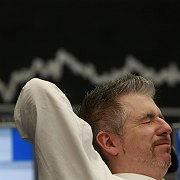 A trader reacts in front of the DAX board at the Frankfurt stock exchange.
A trader reacts in front of the DAX board at the Frankfurt stock exchange.

